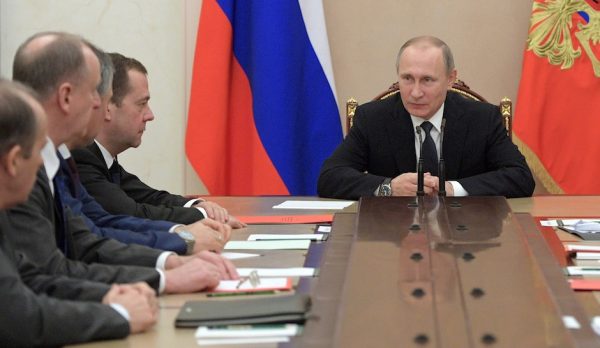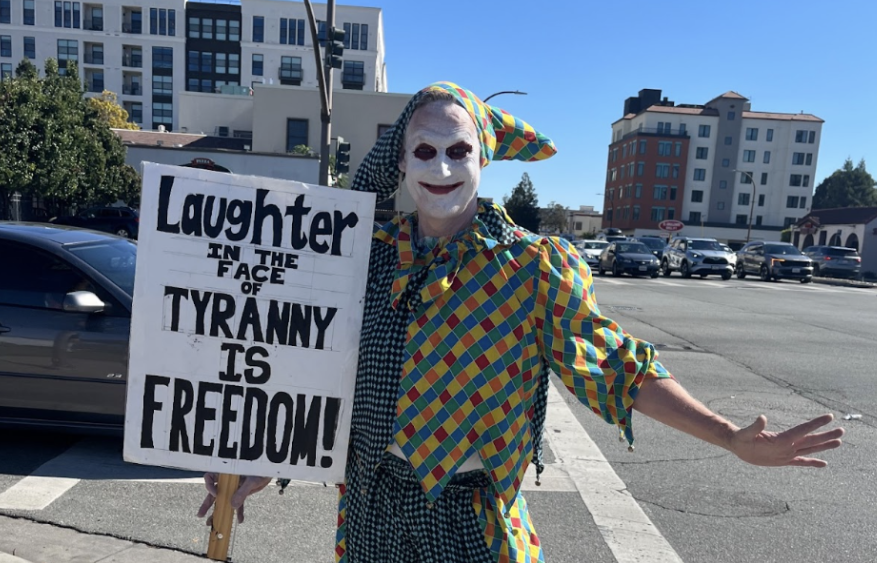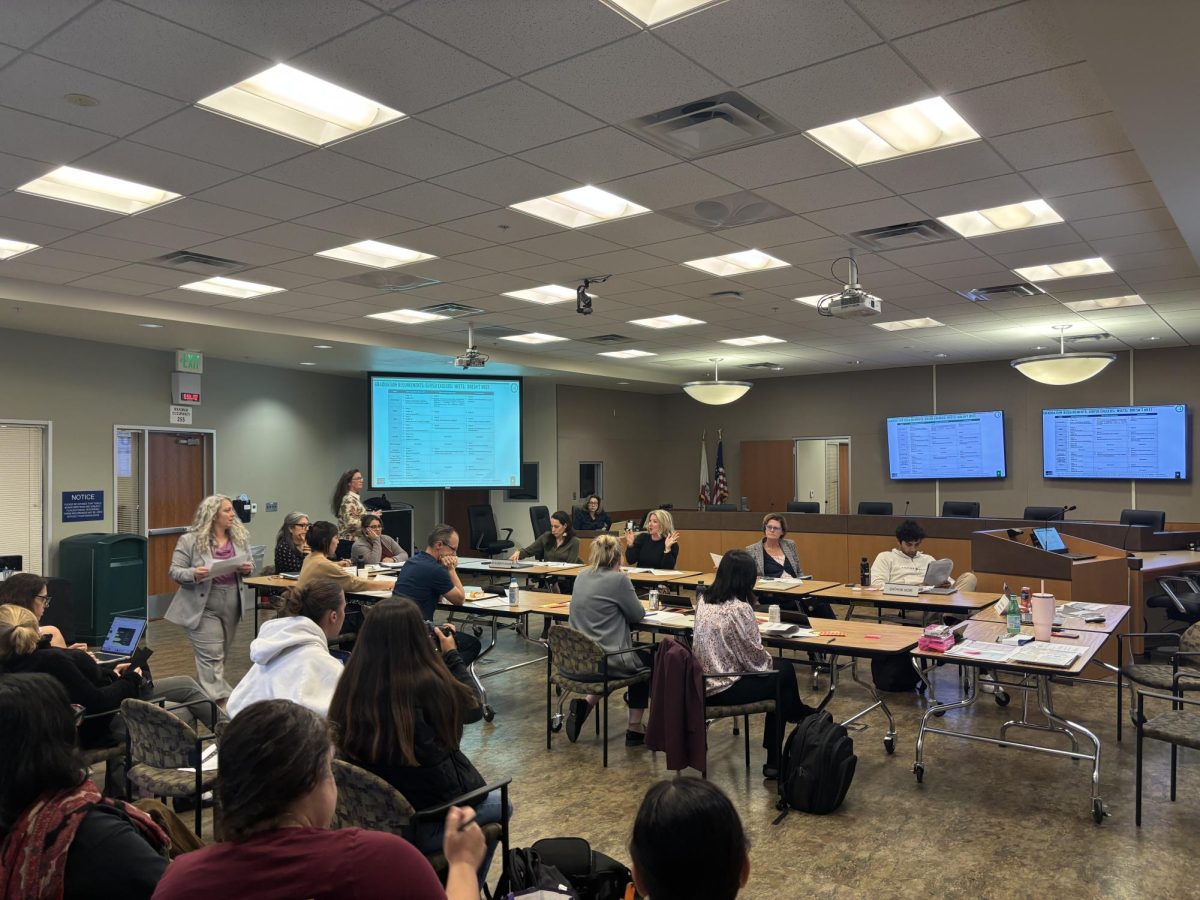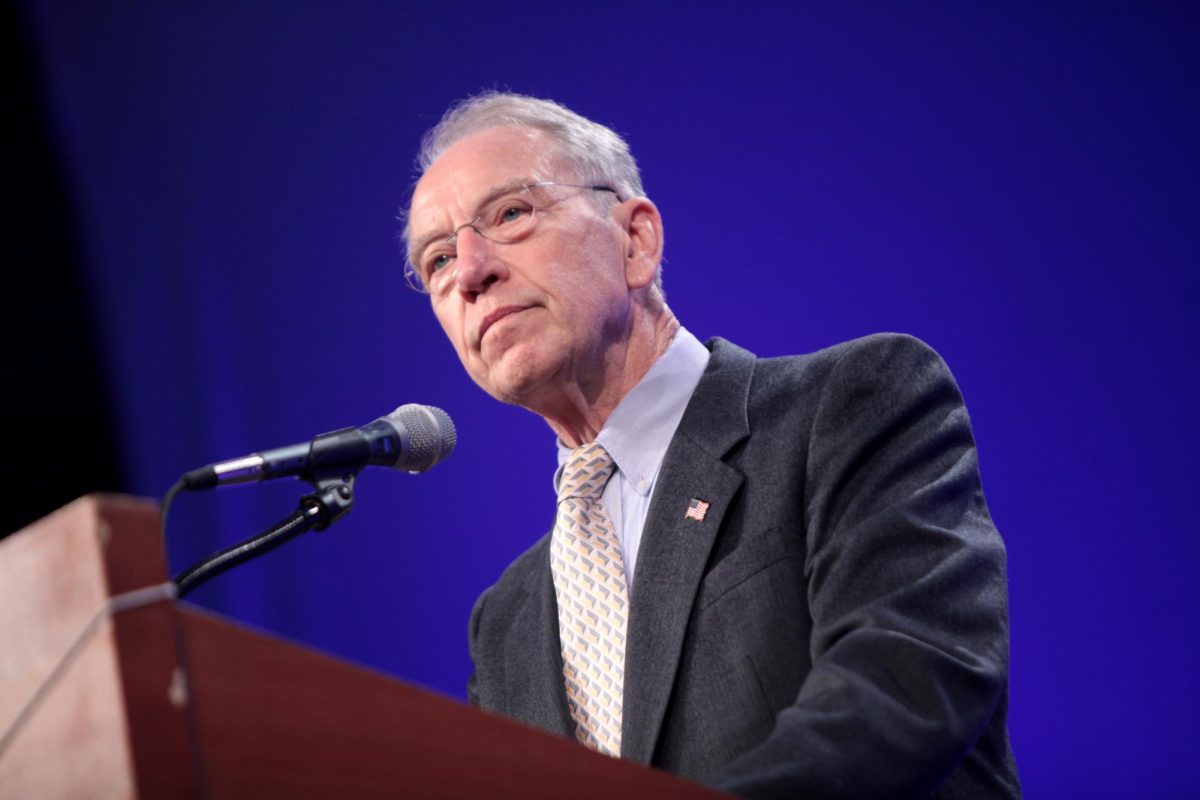WASHINGTON D.C.- In a much-anticipated move, U.S. intelligence agencies have released a report detailing Russian intrusions into the American presidential election.
In the declassified report released on December 26, 2017, the Intelligence Community Assessment ruled that Russian President Vladimir Putin planned to belittle Secretary Hillary Clinton in the US presidential elections. The key judgement stated, “When it appeared to Moscow that Secretary Clinton was likely to win the election, the Russian influence campaign began to focus more on undermining her future presidency.”
These actions came to light when, on July 22, 2016, documents taken from an email server run by the Democratic National Committee were published on the site Wikileaks. The leak had a significant effect of the campaign, as it exposed Democratic officials’ preference for Hillary Clinton during the presidential primaries, as well as other unflattering tactics used in other areas of the campaign.
While suspicions of these actions have existed and been public since months before the election, they have gotten much more attention recently, mainly due to President-elect Donald Trump’s upset win. The win, in turn, has brought up questions regarding the impact the hacking could have had on the results of the election.
While many Democratic politicians, including civil rights icon John Lewis, have contested the results following the hacks, the report itself, however, “did not make an assessment of the impact that Russian activities had on the outcome of the 2016 election.”
The report also indicated that orders for the hacking came from the highest levels of the Russian government, specifically the office of President Vladimir Putin. This again calls attention to the Trump team’s proposed policies, which are seen by many as pro-Russia and include proposals to roll back sanctions implemented after the Russian invasion of Crimea.
The report confirmed these suspicions, stating, “We further assess Putin and the Russian Government developed a clear preference for President-elect Trump.”
After the report’s release, bipartisan outcry has demanded harsher sanctions, putting pressure on President-elect Trump to formulate a response that satisfied both Democratic and Republican leaders, who fear a weak response will only encourage more hacks.
The report confirmed this, saying, “We assess Moscow will apply lessons learned from its Putin-ordered campaign aimed at the US presidential election to future influence efforts worldwide, including against US allies and their election processes.”
President-elect Trump has maintained his pro-Russian policies, continuing to suggest a reduction in sanctions, even after the release of the report.








